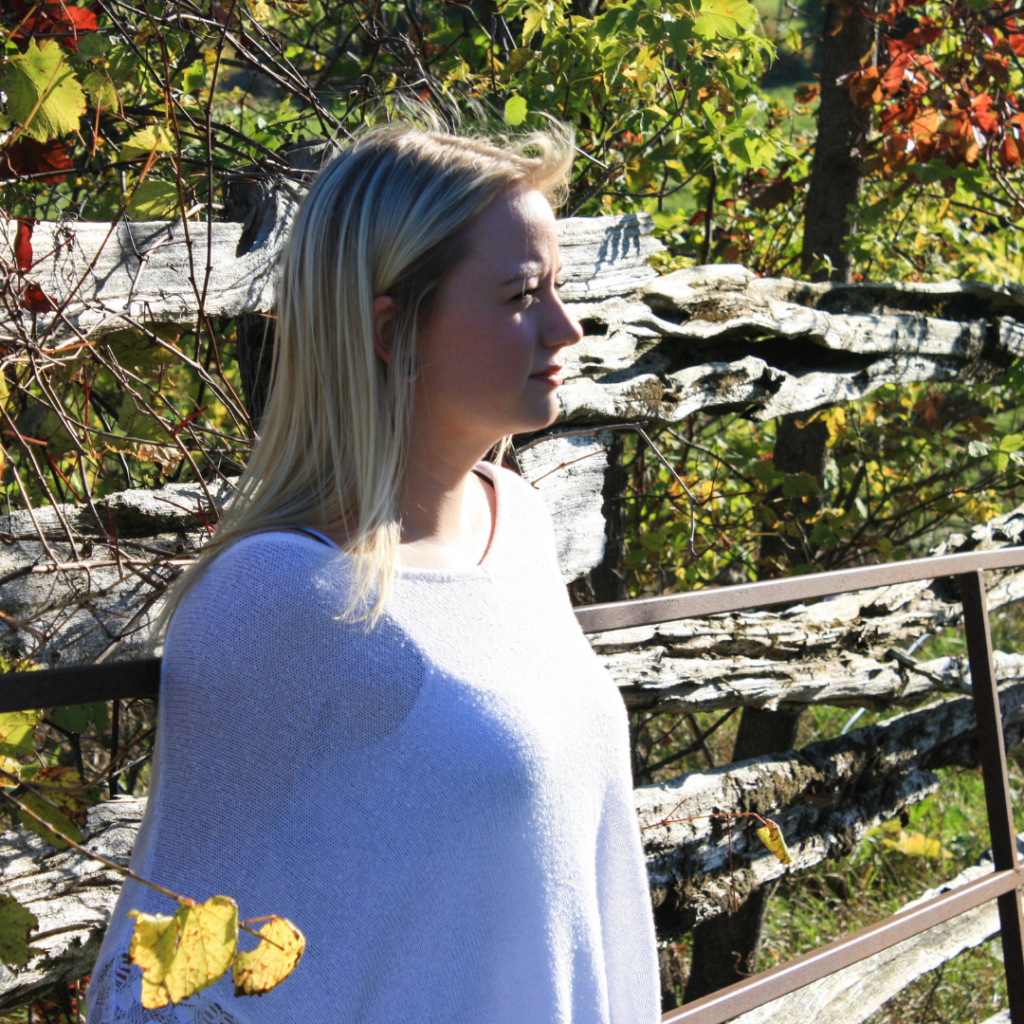Menopause and anxiety: a comprehensive exploration of their connection. Please read our article to grasp the nuances of menopausal anxiety and empower yourself with actionable strategies to foster emotional well-being during this life stage.
If you’ve landed on this article, you’ve likely encountered the unwelcome companion that is menopausal anxiety. As a mature woman who has traversed this journey, I completely understand the emotional rollercoaster many go through. Today, I want to share not just words but practical strategies to help you navigate this challenging chapter of life with confidence and serenity.
Menopause and Anxiety: How Navigating Resilience
Anxiety is a natural response of the body to situations perceived as threatening or challenging. It’s an emotion we all experience at some point in life. Still, it can become a significant challenge when it occurs excessively and persistently. During menopause, hormonal fluctuations can intensify this sensation, making it more prevalent and impacting the quality of life.
Key Symptoms of Anxiety
Anxiety manifests in various forms, from excessive worries and muscle tension to physical symptoms like palpitations and difficulty breathing. Understanding these symptoms is the first step in facing anxiety during menopause.
By addressing each aspect, we can develop strategies that promote emotional well-being and help transform this challenging phase into a journey of self-discovery and resilience.
Hot Flashes: When the Body Heats Up, the Mind is Agitated
Hot flashes are common symptoms of menopause, characterised by a sudden intense feeling of heat spreading throughout the body, often accompanied by sweating. This phenomenon not only triggers physical discomfort but can also contribute to anxiety, as abrupt changes in body temperature can elicit stress responses.
Sleep Changes: The Nightly Dance Between Fatigue and Insomnia
Hormonal changes during menopause can disrupt the sleep cycle, leading to restless and interrupted nights. Lack of adequate sleep not only contributes to fatigue but also increases vulnerability to anxiety. Understanding these sleep changes is crucial to adopting strategies that promote restorative rest.
Mood Swings: Navigating Turbulent Emotions
The emotional rollercoaster is a striking feature of menopause. Hormonal fluctuations can result in sudden mood swings, ranging from sadness to irritability. These emotional fluctuations, when intensified, can contribute to anxiety, requiring a compassionate approach and strategies to manage emotions.
Palpitations and Oppressive Sensations: When the Heart Speaks Louder
Menopausal anxiety often manifests physically, with heart palpitations and sensations of oppression in the chest. These symptoms, although generally harmless, can raise additional concerns. Understanding the relationship between these physical symptoms and anxiety is essential to alleviate the emotional burden associated with them.
Excessive Worries: The Mind in Overdrive
Anxiety often manifests as excessive worries and intrusive thoughts. During menopause, these concerns can intensify, often related to life changes, ageing, and other challenges. Identifying these thought patterns is crucial to implementing strategies that calm the mind and promote emotional balance.
How Anxiety Intensifies Menopausal Symptoms
The relationship between anxiety and menopausal symptoms is intricate, and anxiety can indeed contribute to the escalation of various challenging aspects of this life phase. Here are some ways in which anxiety can worsen menopausal symptoms:
Triggering Intensified Hot Flashes
Anxiety is known to trigger physical responses in the body, including an increase in body temperature. In menopausal women, this can intensify hot flashes, making them more frequent and intense. The constant worry and tension associated with anxiety can create a cycle where additional stress contributes to the escalation of hot flashes.
Increasing Irritability and Mood Swings
Anxiety is often linked to mood swings, and during menopause, when hormones are deregulated, these changes can be exacerbated. Irritability, a common feature of anxiety, can intensify moments of emotional turbulence during menopause, creating a more challenging emotional environment.
Fear of the Future and Excessive Worries
Anxiety is often associated with excessive worries about the future. During menopause, concerns related to ageing, life changes, and uncertainties can be amplified by anxiety. These fears can become an additional stress factor, contributing to overall anxiety and negatively affecting emotional well-being.
Impact on Sleep and Fatigue
Anxiety can lead to sleep disturbances, and sleep deprivation is common during menopause. Lack of adequate sleep can intensify fatigue and irritability, making it more challenging to cope with daily challenges and accentuating emotional and physical symptoms.
Cycle of Tension and Physiological Response
Anxiety triggers a physiological stress response, including the release of hormones like cortisol. This constant state of alertness can interact with the natural hormonal fluctuations of menopause, creating a cycle where anxiety intensifies symptoms, and symptoms, in turn, contribute to anxiety.
Addressing both anxiety and specific menopausal symptoms can result in a significant improvement in the quality of life during this phase. Self-care, relaxation techniques, and emotional support are crucial in this process.
Practical Strategies for Confronting Anxiety in Menopause
Take Care of Yourself: The Power of Self-Care
Self-care is more than a luxury; it’s a necessity. A concrete example of self-care could be setting aside a moment each day for deep breathing or mindfulness practice. Dedicating just a few minutes to this routine creates a space to calm your mind, reduce stress, and nurture your emotional well-being. This simple routine, integrated into your daily life, can make a significant difference in your mental and emotional balance during menopause.
Anxiety-Relieving Exercises
Physical activity keeps our bodies healthy and is a powerful ally against anxiety. Discover the best activities to deal with anxiety during menopause. Please read our article and explore specific exercises that keep your body healthy and become powerful allies in combating stress. Click now and start your journey towards physical and emotional balance.
Nutrition for Emotional Balance
The connection between diet and anxiety is real. A practical example of eating to balance emotions during menopause can be the inclusion of foods rich in omega-3, such as salmon, chia and flaxseed, known for their benefits in emotional support. These foods not only provide essential nutrients for the body but also play a role in regulating mood and can be a valuable addition to the diet during this time of hormonal changes.
Identifying the Primary Triggers of Anxiety in Menopause
As we step into menopause, it’s not just about physical changes; it’s also about embarking on an emotional rollercoaster that might bring about a touch of anxiety. Understanding the specific sources of this anxiety is crucial for navigating this period with more understanding and resilience. Let’s explore the various reasons why anxiety can intensify during menopause.
Physical Symptoms Intensified
Hot flashes, excessive sweating and sleep disturbances, common during menopause, not only cause physical discomfort but can also be sources of emotional stress. The frequency and intensity of these symptoms can contribute to increased anxiety.
Please read our article on hormone replacement to find out how to regain balance and alleviate discomfort.
Uncertainties Regarding Body Changes:
The physical changes during menopause, encompassing factors like weight gain, alterations in skin texture, and hormonal fluctuations, can instigate insecurities and impact self-esteem.
Moreover, the uncertainty of navigating these changes, coupled with societal pressure to maintain a youthful appearance, contributes to heightened anxiety. Delving into the emotional impact of these physical transformations unveils another facet of menopausal anxiety.
Concerns about Ageing and Life Changes
Menopause often aligns with significant life transitions, such as children leaving home or career changes. The uncertainty about the future, perceptions of ageing, and adjusting to new circumstances can elevate anxiety levels.
In considering the interconnected nature of life changes and menopausal anxiety, we can appreciate the multifaceted challenges faced during this phase.
Social Pressures and Ageing-Related Stigma
Social pressures and stigmas related to ageing frequently manifest in society, where an exaggerated emphasis on youth contributes to undue pressures. The fear of social judgment and comparisons to unrealistic standards can heighten anxiety during menopause.
By examining societal influences on women’s perceptions of ageing, we gain insight into external factors that contribute to anxiety.
Perception of Loss of Control
Menopause symbolises a substantial life transition for women, marking a point where the sense of losing control over one’s body and emotions can be overwhelming. Unfamiliarity with this life phase can contribute to heightened anxiety.
Delving into the emotional aspect of losing control sheds light on the internal struggles faced during menopause.
My Journey: Overcoming Anxiety Post-Menopause
As a woman who has also experienced anxiety since the onset of the climacteric, I wish to share the valuable lessons that the journey has afforded me. Throughout this challenging period, anxiety has often led me to make hasty decisions but has also catalysed stepping out of my comfort zone. Believe me, it’s possible to discover serenity even in the most challenging moments. Let’s Facing Menopausal Anxiety Together!
This article extends an invitation to confront menopausal anxiety collectively. Let’s build a supportive community, exchange experiences, and learn to embrace this life phase with acceptance and resilience. If you’re ready for this journey of self-discovery and empowerment, join me. Together, we are stronger!


